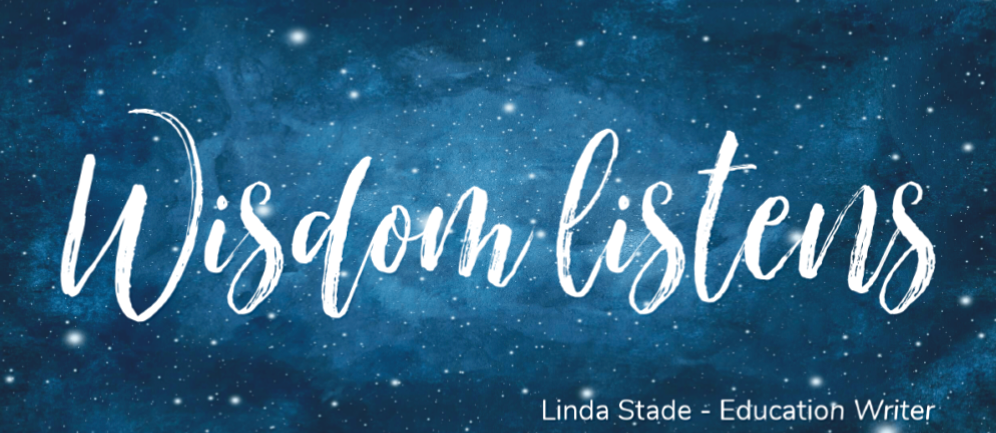Knowing how to listen effectively and how to respond are essential skills in helping people suffering from mental health issues. We all need these 16 skills.
Part of the legacy of the pandemic was we became acutely aware of the mental health issues and psychological distress that exist in our communities. However, we still often cut people off from the help they need by minimising their experience.
We do this by saying things like, “It could be worse, look at (insert someone worse off)”, Or, “Look on the bright side, at least you’re not…” We say these things in order to make people feel better, but it backfires.
The thing is, mental illness is not interested in comparisons with others or how much worse the situation could be. If you are depressed or anxious, you’re depressed and anxious. And that’s just the way it is.
The pandemic has passed. However, the mental health concerns of Australians have remained. In fact, the downturn in our economy and inflation have perhaps created even more problems… problems that can’t be fixed with a vaccine!
Who are people talking to?
Given that we know many people are suffering from poor mental health at this time, who are they talking to? If it’s anyone it will be friends, family and work colleagues…us! So, it is us that need to be upskilled. We need to make sure we know how to listen and respond.
Often, people approach these situations with a ‘fix it’ mentality. We try to offer advice or worse still, cheer the person up or distract them. As well-intentioned as these behaviours are, they don’t help. They show a lack of real connection. Connection is the ‘turning toward’ someone, hearing them and tuning in to what they need from us.
So, how can we listen and respond in a way that will help?
Listen Effectively
1. If it is worth listening, it is worth stopping what you’re doing and giving someone your full attention, one-on-one. Yes, some people prefer to avoid focused face to face conversation, that’s fine. Side by side listening while in the car or peeling potatoes or walking on the beach works too.
2. When someone starts to confide in you, don’t promise that you won’t tell anyone. If you find out that person is going to harm themselves or someone else, you will be obliged to tell someone who can help. Let them know you are on their side but don’t make promises you can’t keep.
3. Pay attention. Most articles on listening will tell you to have open body language and nod and reflect back. The fact is, you don’t have to remember to smile and nod to show you’re paying attention, when you are actually paying attention!
4. Try not to interrupt, let them tell their whole story. Often in talking, people come to their own understandings of what is happening and what they need to do.
5. Allow pauses. Often, we feel as though we have to fill dead air. We don’t. Just wait, people need thinking time.
6. If you need to ask a question, choose open-ended questions. What was that like? How did that feel? Simple questions elicit more detailed answers.
7. Avoid equating your experiences with those of the person speaking. All experiences are individual. It is not about you, so when someone tells you their story don’t then jump in with something similar that happened to you. This is about connection and empathy. It isn’t about you.
8. As you listen, let ideas come into your head and let them go out. Don’t grab an idea and hold onto it, waiting for your chance to say it out loud. Let those ideas waft through, but keep listening, that way you will remain present.
9. Make sure you understand what is being communicated to you rather than assuming you do. Clarify meaning.
Appropriate Responding
1. Don’t pass judgement. Just don’t ever do that. The last thing anyone needs is your judgement. If someone has trusted you enough to share something as personal as their struggles with mental health, repay that trust with kindness, empathy and support.
2. Often people don’t want you to do anything other than listen. They need to feel heard. In this way you validate their experience.
3. If you are going to respond, say things like, “That’s terrible. That must feel awful.” “I’m sorry you are going through this; it sounds really painful.” “Thank you for trusting me enough to talk to me. I’m here for you.”
4. Here’s a list of things to NEVER say:
- “That happened to me once but worse.” It isn’t a competition.
- “At least you’re… (good looking, rich, loved, employed, etc) It invalidates their feelings.
- “Cheer up” Has that every worked in the history of time?
- “I don’t know what you’ve got to complain about, look how great your life is.” Clearly life is not that great for them!
5. If you think the person needs to take action, offer to take that action with them.
- “We can make an appointment to see a doctor.”
- “I can drive you home and stay with you”
- “Let’s call and ask your wife/brother/partner to come around and be with you.”
- At the very least express your support of them taking action if they need to.
6. If the person becomes emotional and cries, that’s okay. Don’t try and make them stop. Crying is a powerful form of emotional regulation. It will make them feel better physically and emotionally. It might be uncomfortable for you to see them cry. That’s okay, sit with that discomfort. This isn’t about you.
7. If you don’t know what to say or do, say you don’t know. Err on the side of caution. You don’t have to be an expert at everything.
a. Let them know you’re glad they shared with you.
b. Acknowledge you don’t know what to do or say, but that you want to do whatever they think will help. If they don’t know, help figure it out together.
c. If all else fails call a helpline manned by mental health experts like Lifeline or Kids Helpline.
Finally…
Financial resources are incredibly important, but ultimately, the mental health of our community is contingent on connection. If we build connection with those in our lives, they are more likely to talk to us when it matters. That’s what we want. That’s when “Are you okay?” becomes a really powerful question.








